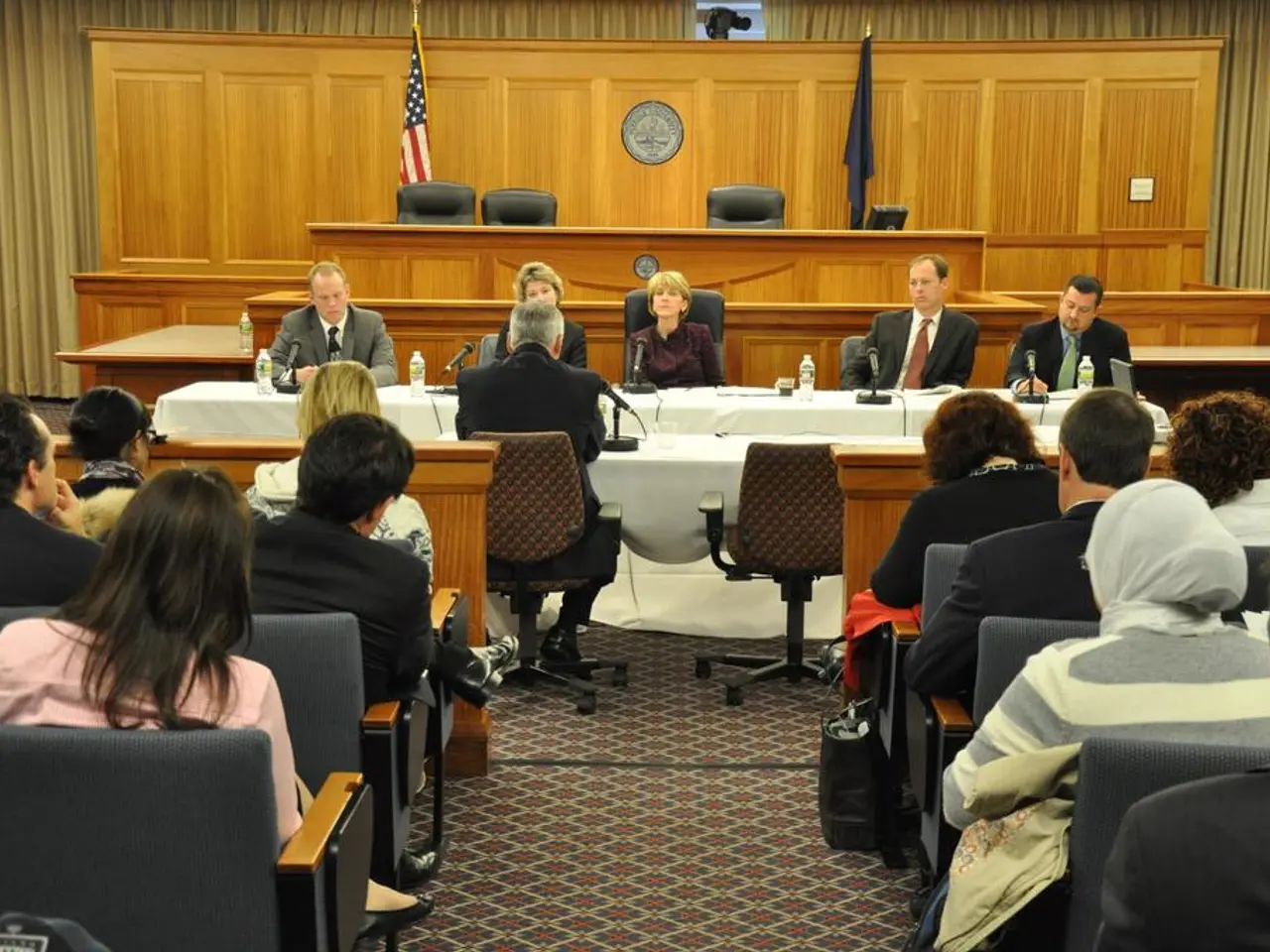A conservative politician may shift toward moderation when they confront contradictions with the decisions or views of Donald Trump.
In a surprising turn of events, North Carolina Sen. Thom Tillis announced he will not seek reelection, marking the latest development in the ongoing transformation of the Republican Party under President Trump's influence.
The Republican Party, once defined by free-market capitalism, interventionist foreign policy, and a pragmatic approach to governance, has undergone a significant shift in the Trump era. This transformation, often described as a "new fusionism," has blended traditional conservative principles with right-wing populist themes, creating a distinctly different ideological landscape.
In the realm of economic policy, the emphasis on free trade and deregulation has given way to increased protectionism, with tariffs and trade restrictions becoming more prevalent. Fiscal conservatism, once prioritizing deficit reduction and limited government spending, now shows a willingness to use government intervention, with less focus on rolling back entitlement programs.
Social issues continue to be a cornerstone of conservatism, but the integration of stronger cultural nationalism has added a new dimension. The opposition to abortion, same-sex marriage, and legalized drugs remains, but it is now intertwined with a focus on immigration restriction and opposition to perceived elite or establishment governance.
Foreign policy has seen a shift towards non-interventionism and isolationism, with a move away from neoconservatism and a commitment to more realist foreign policy. The political style has become more populist, characterised by conspiracist tendencies, disdain for traditional checks and balances, and a rejection of compromise, as exemplified by groups like the Freedom Caucus.
This evolution has caused challenges even in safer Republican seats, with primary challengers emerging to unseat senators who may be considered too moderate. Sen. Thom Tillis, a respected conservative lawmaker in North Carolina, has not been immune to this trend. His opposition to the "One Big Beautiful Bill Act," which aimed to slash social programs such as Medicaid to pay for tax cuts and increased immigration enforcement, drew criticism from some in his party, who labelled him a RINO (Republican In Name Only).
President Trump's influence has made loyalty a key factor in defining conservatism, causing occasional deviations from party loyalty to be a potential liability, even in swing state elections. Tillis, with an ideology score close to Trump's, found himself in this predicament, with Trump threatening to back a primary challenger in the 2026 midterms.
This shift in the Republican Party is not without controversy. Chris Cooper, a political scientist at Western Carolina University, suggests that in today's Republican Party, party affiliation has become a more significant factor than ideology in defining moderation and behaviour in office. This raises questions about the future of the party and its ability to adapt to changing political landscapes.
As the 2022 midterm elections approach, the evolving nature of conservatism within the Republican Party will continue to shape the political landscape, with primary challenges and ideological debates likely to dominate the political discourse. The case of Sen. Thom Tillis serves as a stark reminder of this transformation and the challenges it presents for traditional conservatives in the party.
- In the midst of this transformation, the Republican Party's approach to general news and policy-and-legislation has altered significantly, moving away from traditional pragmatism towards a new fusionism that combines conservative principles with right-wing populist themes.
- Science and technology news, often based on objective evidence and rational discourse, may find themselves clashing with the conspiracist tendencies that have emerged in the political style of the Republican Party, as exemplified by groups like the Freedom Caucus.
- The focus on war-and-conflicts and foreign policy has shifted towards non-interventionism and isolationism, which could potentially affect the way the party addresses ongoing global challenges, including those requiring international cooperation for resolving complex issues like climate change and human rights violations.






